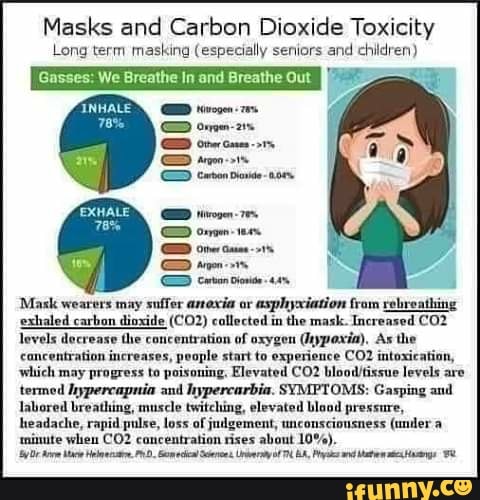

Passive smoke contains more cancer-producing chemicals than the air in many chemical factories, uranium minutes, or asbestos factories. But even if you don’t use tobacco, you are not safe from the smoke emitted by someone else’s cigarette: passive smoke. You know that cigarettes are dangerous to those who smoke them. Indeed, two simple devices that cost less than $15 could be used by all Americans to test their vital capacity in their own homes. But how many people know their own vital capacity? Testing devices are readily available, but unfortunately are used too infrequently in physicians’ offices. This breathing capacity has truly proven to be the capacity for life. Vital capacity is a better predictor of longevity than other tests, including blood pressure, electrocardiograms, or blood tests.

The test measures the amount of air that can be blows out of fully inflated lungs. Yet rarely do we have a “lung checkup.” If the lungs are so critical to our health and happiness, why do we take them for granted?Īctually a “lung checkup” or vital capacity test is quite simple. Regular checkups of skin, breasts, and other organs can warn us well in advance of cancer. Virtually everyone has his or her blood pressure measured from time to time. Nearly all of us know our height, weight, age, family background, and blood type. Billions are stored there, poised and ready to attack bacteria, viruses, and other infectious invaders that we inhale every day. In fact, at any one minute at least 17 billion white blood cells are cruising through our lungs. White cells, which defend us against infection, also traverse the lungs. Thus, the red cells are not only servants to every organ and tissue, but they are also the defenders against cancer, emphysema, and other lung diseases. These red cells also contain mechanisms that defend against cigarette smoke, air pollution, and other noxious materials. Millions of tiny capillaries carry red blood cells throughout the body, transporting oxygen in and carbon dioxide out. The delicate gas exchange membrane, or air-blood interface, is 1/50th the thickness of tissue paper. The total surface area is more than 100 square yards-the size of a tennis court. The lungs are the largest organ in the body. The lungs, through their normal function, affect our daily moods and emotions. For example, the lungs activate a hormone that controls blood pressure. As blood from the veins flows to the right side of the heart and through the lungs, many of the body’s chemicals are either inactivated or activated by the lungs. The lungs are the only organs in the body that receive the heart’s entire blood flow with each heartbeat. Understanding the lungs would be easy if they simply exchanged oxygen and carbon dioxide, but they do much more. The brain, heart, and other organs are also impaired by carbon dioxide retention. When the lungs cannot exhale enough carbon dioxide, there is a toxic build-up, resulting in “acidosis,” an acid poisoning of all cells of the body. The lungs remove carbon dioxide from the blood as it is returned from the tissues. The by-product of metabolism is carbon dioxide.

Oxygen is involved in the process of metabolism, which converts food into the energy we need to live. Thus, in states of oxygen deficiency, the whole body becomes robbed of vital energy. The liver, kidneys, and all other organs require oxygen for their own vital functions. The heart has an immense oxygen requirement compared with the other organs in the body. The brain has the highest oxygen requirement of all the organs. A shortage of oxygen affects every organ in the body. Oxygen is critical to the survival of all human beings. Oxygen is required for all organ functions, including heart functions that are involved in every living activity. A great amount of oxygen we take in is used to maintain cell and tissue structure. It is the key to the energy chain that keeps us living. After all, the lungs provide oxygen which is pumped by the heart and carried by the blood throughout our bodies-even to the heart itself! It is amazing that only a few people have equal reverence for the lungs. The popularity of jogging, walking, and other forms of exercise illustrates our new commitment to health through physical fitness. When healthy, it does its job with a great amount of reserve. The heart is a remarkable pump that delivers blood to every organ in the body. Quite appropriately, the heart gets a lot of attention in this area everyone knows that heart attacks are the number one cause of disability and death in this country. Just about all of us are concerned about our health. The Magnificent Lungs (Understanding the lungs and the role they play in your life)


 0 kommentar(er)
0 kommentar(er)
